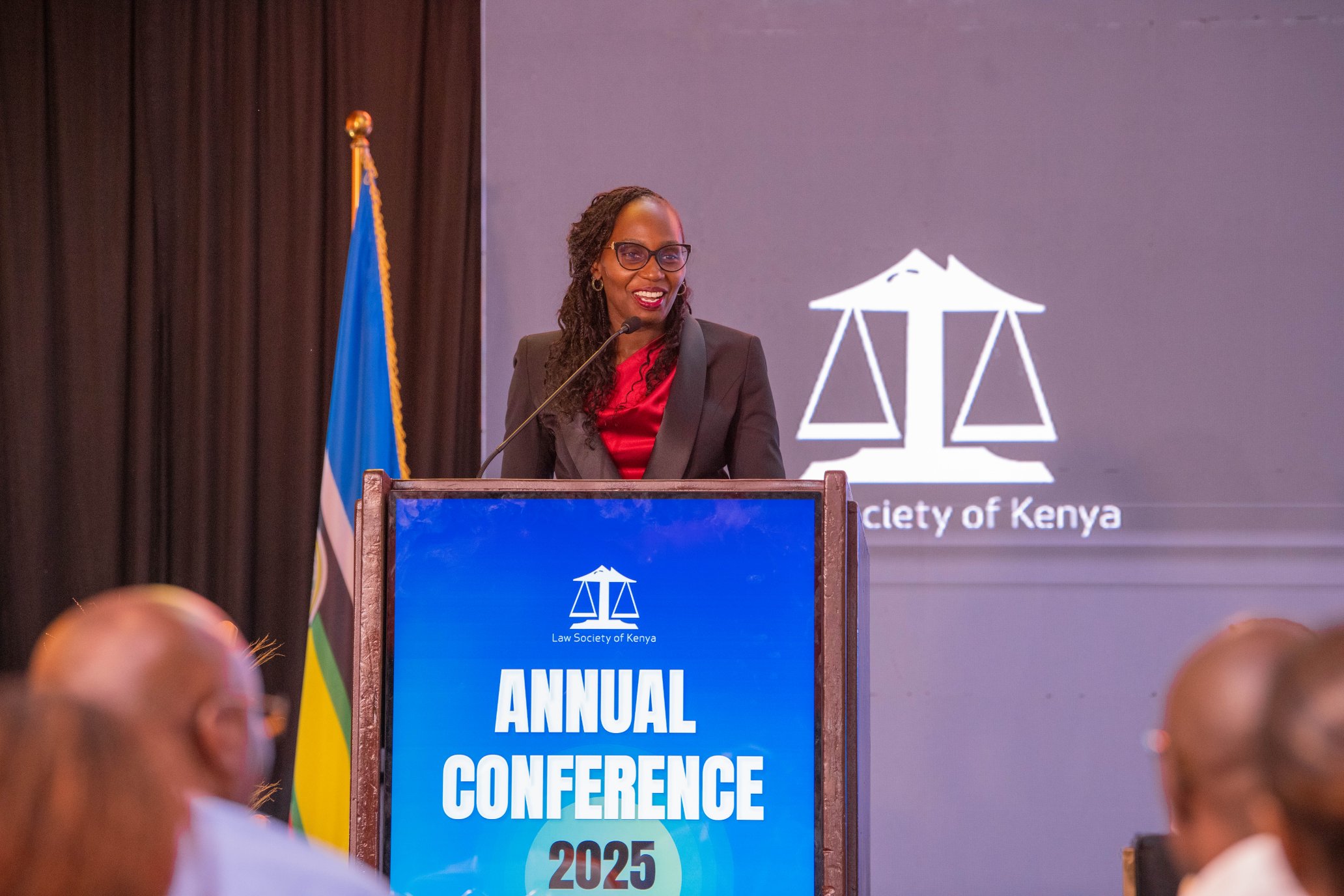
LSK defends anticipatory bail citing foolproof legal threshold » Capital News
NAIROBI, Kenya, Aug 15 — The Law Society of Kenya (LSK) has mounted a spirited defence of anticipatory bail, dismissing claims by President William Ruto that the measure shields corruption suspects from justice.
LSK President Faith Odhiambo, speaking at the Society’s Annual Conference in Kwale on Thursday, said anticipatory bail is a “historically embedded” legal principle rooted in Kenyan and Commonwealth jurisprudence, and affirmed by the Supreme Court of India.
“The high standard required for the grant of anticipatory bail [is] well documented and provides sufficient safeguard against potential abuse,” Odhiambo said.
“It [is] neither a Kenyan innovation granted on whims, nor does it amount to judicial endorsement of crime.”
She maintained that the judiciary applies strict legal thresholds when granting such orders, and that law and evidence, not “political sensationalism”, guides its decisions.
Her remarks came in response to Ruto’s Wednesday address at the Devolution Conference in Homa Bay, where he accused the judiciary of “innovations” that promote corruption, citing anticipatory bail as a tool for shielding suspects from arrest and prosecution.
“Somebody who has stolen public funds and then goes to the court and gets something called anticipatory bail makes it impossible for such a person to be arrested and prosecuted endlessly,” Ruto said.
“How does that support the fight against corruption?”
Undermining Judiciary
Addressing the conference in Kwale, Chief Justice Martha Koome warned the Executive against undermining judicial independence through public attacks on judges, calling for the pursuit of grievances with court decisions through lawful appeals or reviews, not through “defiance or vilification.”
“No one has the right to choose which court orders to obey and which to ignore,” Koome said.
“Judicial independence is not a privilege for judges; it is a safeguard for all citizens.”
Koome defended anticipatory bail as part of the courts’ role in safeguarding constitutional rights and noted the Judiciary had issued numerous habeas corpus orders in the past year to protect individuals from unlawful detention, while prioritising the release of minors arrested during protests.
She cautioned against threatening rhetoric towards judges, terming it a “grave affront to the rule of law” reminiscent of an era when court authority was routinely undermined — a path she said Kenyans rejected in 2010.